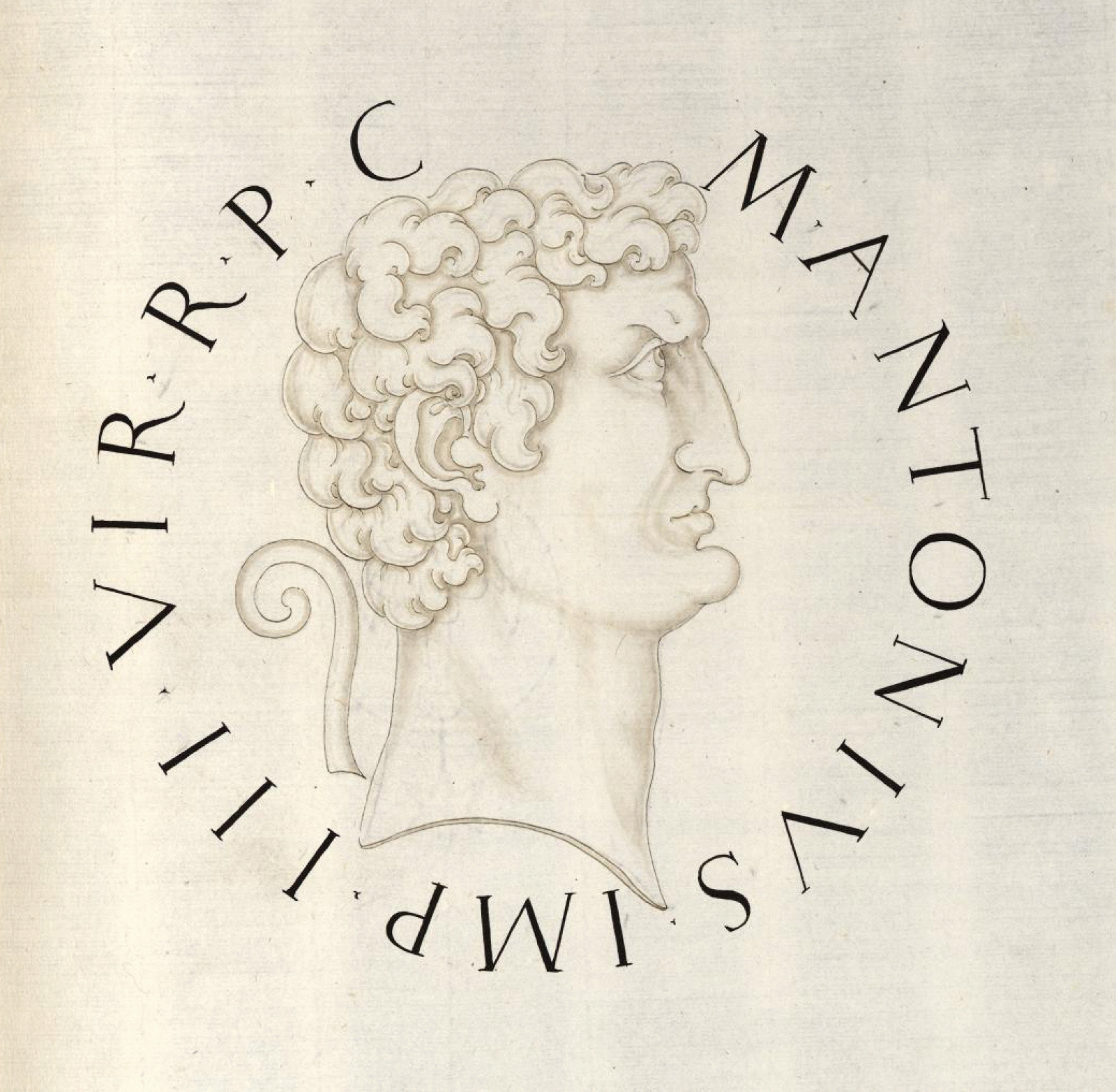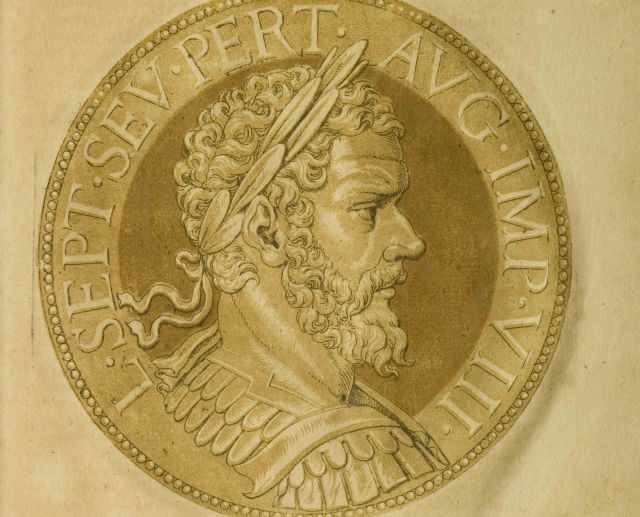Projektpräsentation
Jacopo Strada's "Magnum ac Novum Opus". A Renaissance Corpus of Ancient Numismatics

In four lectures we will take a look at the research context of the digital edition of Jacopo Strada's Magnum ac Novum Opus which, for several years now, has been examined at the Gotha Research Centre of the University of Erfurt in a project funded by the German Research Foundation (DFG). In the mid-sixteenth century, the antiquary, architect and antique dealer Jacopo Strada (ca. 1515–1588) created a thirty-volume corpus on ancient Roman coins for his patron, Johann Jakob Fugger. Although this comprehensive presentation of coins of the Roman Republic and the imperial period was regarded very highly at the time it was created – and in spite of the extraordinary quality of Strada's approximately 9,000 coin drawings – it has, to date, not been examined in detail. Strada also created a complementary catalogue of descriptions of the depicted coins, which probably was never united with the corpus of drawings and has come down to us only in manuscript copies.
Conceptually modelled on the Translatio Nummorum project of the Census of Antique Works of Art and Architecture known in the Renaissance (Humboldt University of Berlin in cooperation with the Berlin-Brandenburg Academy of Sciences and Humanities), all Roman coins drawn by Strada are digitised, recorded in the Census database and, through computing technology, virtually linked to the original descriptions as well as to surviving original coins. The scholars in charge of the project at the Gotha Research Centre, the Census and the Kunsthistorisches Institut in Florenz will introduce the conceptual and operative principles in greater detail and discuss the resulting research questions with regard to Strada's Opus Magnum.
15. Oktober 2019, 14:30 Uhr
Kunsthistorisches Institut in Florenz
Max-Planck-Institut
Palazzo Grifoni Budini Gattai
Via dei Servi 51
50122 Firenze
Hinweis
Diese Veranstaltung wird durch Fotografien und/oder Videoaufnahmen dokumentiert. Falls es nicht Ihre Zustimmung findet, dass das Kunsthistorische Institut in Florenz Aufnahmen, auf denen Sie erkennbar abgebildet sein könnten, für die Veranstaltungsdokumentation und Öffentlichkeitsarbeit (z.B. Social Media) verwendet, bitten wir um eine entsprechende Rückmeldung.



